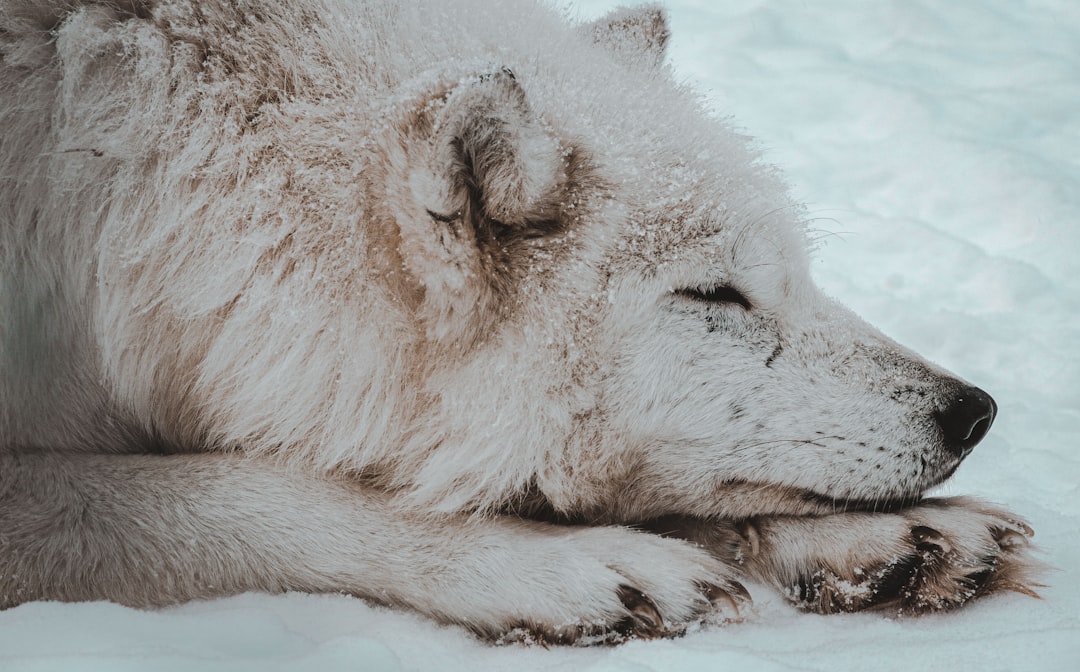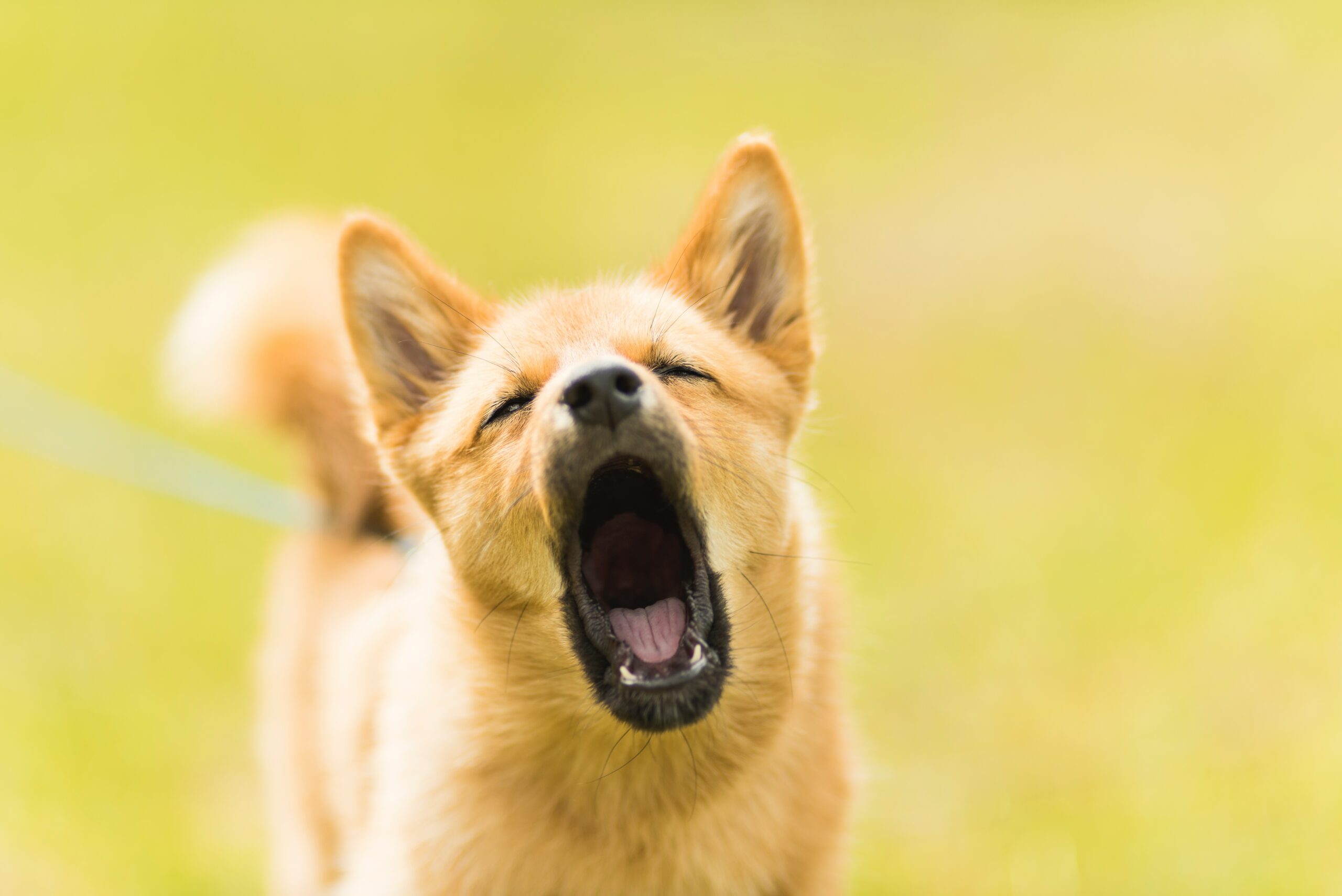Why Do Dogs Howl? The Psychology Behind Dogs Howling Behavior
This article explores the psychology behind why dogs howl, including the evolution of howling behavior, reasons for howling, psychological factors, common misconceptions, and understanding the impact of howling on dogs.
Evolution of Howling in Dogs
The behavior of howling in dogs has deep roots in the ancestry of wolves, from whom domesticated dogs have inherited this vocalization tendency. Wolves howl not only to communicate over long distances but also to maintain their pack’s territory, a behavior that has been observed for centuries. This fundamental form of communication has been passed down to domesticated dogs, who have retained this instinctual behavior to fulfill various needs and express themselves.
Furthermore, the evolution of howling behavior from wolves to domesticated dogs highlights the significant role of social structure. While wolves utilize howling as a means of team-building and communication, dogs from a different social structure have adapted this behavior to communicate with humans, their adopted pack members. This adaptation showcases the remarkable flexibility and intelligence of dogs in responding to human influence while retaining their ancestral instincts.
Moreover, the potential inherited trait of howling in certain dog breeds demonstrates the deep genetic connection between modern dogs and their ancient counterparts. For example, ancient breeds such as the Siberian Husky and Alaskan Malamute are known for their frequent howling, reflecting their strong resemblance to wolves in both appearance and behavior. This genetic predisposition sheds light on the complex interplay between nature and nurture in shaping the howling behavior of dogs, emphasizing the enduring influence of their evolutionary heritage on their vocalization tendencies.
Reasons for Dogs’ Howling Behavior
Dogs’ howling behavior can be attributed to a variety of reasons, reflecting their innate communication and emotional needs. One of the primary reasons for howling behavior is to get attention, which may stem from feelings of loneliness, boredom, or a desire for interaction with their human family members or other dogs. For example, a dog may howl when left alone at home for an extended period, seeking comfort and reassurance through vocalization. This behavior serves as a means for dogs to express their emotional state and alleviate their distress by drawing attention to their needs.
Furthermore, dogs howl to communicate with people or other dogs, using their vocalizations as a form of social signal. Whether it’s to alert their human companions about potential dangers, signal their presence to other dogs in the neighborhood, or convey their emotions such as excitement or anxiety, howling serves as a crucial mode of communication for dogs. Moreover, dogs may also howl in response to specific sounds or music, reflecting their sensitivity to auditory stimuli and their ability to express their reactions through vocalizations. This highlights the diverse range of stimuli that can trigger a dog’s howling behavior, emphasizing the complexity of their responses to the environment and the people around them. Understanding these various reasons for howling is essential for dog owners to interpret and respond to their pets’ vocalizations effectively, ensuring their well-being and emotional fulfillment.
Psychological Factors Behind Dogs’ Howling Behavior
The psychological factors behind dogs’ howling behavior are deeply rooted in their evolutionary history as social animals. When examining the stress-related behavior in dogs, it’s essential to consider their origins as descendants of wolves, who use howling as a means of communication and team-building. This behavior has been carried over to domesticated dogs, and it often serves as a way for them to express their emotions and convey their messages to their human companions or other dogs. For example, a dog may howl when feeling anxious or stressed due to separation from their owners, a behavior that can be traced back to their pack instincts for social connection and unity.
Additionally, the psychological complexity of howling is further exemplified by the inherited trait observed in certain dog breeds. For instance, ancient breeds like the Siberian Husky and Alaskan Malamute are known for their frequent vocalizations, including howling, which can be attributed to their genetic predisposition. This hereditary component adds another layer of understanding to the psychological factors contributing to dogs’ howling behavior, as it showcases the interplay between genetic traits and environmental stimuli.
Moreover, the contagious nature of howling among certain breeds and its response to specific sounds or music highlights the intricate psychological underpinnings of this behavior. Dogs that howl in response to sirens or certain melodies are not merely mimicking the sounds but are exhibiting a form of emotional expression and social interaction. This psychological aspect further emphasizes the importance of recognizing that howling is more than just a vocalization; it is a means of communication and a reflection of dogs’ emotional and psychological states.
Common Misconceptions about Dog Howling
There is a common misconception that when dogs howl at night, it is a sign of seeing supernatural entities or a bad omen. However, the truth is that dogs howl at night due to their natural instincts and communication purposes. For example, they may howl in response to sirens, other dogs, or feelings of loneliness. This behavior is not necessarily linked to supernatural sightings or negative omens, but rather stems from their innate need to communicate and express themselves.
Furthermore, it’s crucial to emphasize the importance of understanding a dog’s behavior and providing proper care and attention to address howling behavior. By addressing the underlying reasons for a dog’s howling, such as loneliness or anxiety, through appropriate care and attention, dog owners can effectively manage this behavior and ensure the well-being of their pets. This dispels the misconception that dog howling is solely linked to ominous or supernatural phenomena and instead highlights the significance of responsible pet care and understanding canine behavior.
 Understanding the Impact of Howling on Dogs
Understanding the Impact of Howling on Dogs
Howling is deeply ingrained in the evolutionary history of dogs as a means of communication and social bonding. This behavior is a legacy from their ancestors, wolves, who used howling to communicate over long distances and maintain their pack’s territory. Understanding the evolution of howling behavior from wolves to domesticated dogs sheds light on the significance of this vocalization in canine communication.
Furthermore, it’s noteworthy that howling can be a stress-related behavior for certain dogs, especially when they are left alone or feel lonely. This stress response can be a manifestation of separation anxiety, and it’s essential for dog owners to recognize the psychological impact of howling on their pets. By understanding the emotional and psychological factors contributing to dogs’ howling behavior, owners can take proactive measures to address their dogs’ needs and alleviate any distress or anxiety they may be experiencing. For example, implementing positive reinforcement training or providing interactive toys can help reduce stress and prevent excessive howling in dogs.
Conclusion
The behavior of howling in dogs has evolved from their wolf ancestors and serves as a crucial form of communication and expression. Wolves howl to communicate over long distances and maintain their pack’s territory, and dogs have retained this instinctual behavior as a means of conveying messages to their human family members or other dogs. For example, ancient breeds such as the Siberian Husky and Alaskan Malamute are known for their frequent howling, reflecting their primal instincts and close genetic ties to wolves. This evolutionary link between wolves and dogs sheds light on the inherent nature of howling as a mode of communication and social interaction.
Understanding the psychological factors and reasons behind this behavior is imperative for dog owners to provide appropriate care and attention. Dogs howl for various reasons, including to get attention, express emotions, respond to triggering noises, or as a social signal. Additionally, howling can be a stress-related behavior for some dogs, especially when left home alone, highlighting the emotional and psychological significance of this vocalization. By acknowledging these underlying factors, dog owners can better comprehend their pets’ needs and respond with empathy and understanding.
Encouraging responsible pet ownership, it is essential to recognize and address the multifaceted nature of dogs’ howling behavior. This includes dispelling misconceptions about howling at night being a sign of seeing supernatural entities or a bad omen, and emphasizing the importance of understanding a dog’s behavior and providing proper care and attention to address howling behavior. Furthermore, paying attention to specific triggers for howling, such as sirens or music, and assessing the emotional state of the dog can lead to a better understanding of their vocalizations and overall well-being. By taking a comprehensive approach to dogs’ howling behavior, owners can build stronger bonds with their canine companions and ensure their mental and emotional needs are met.



